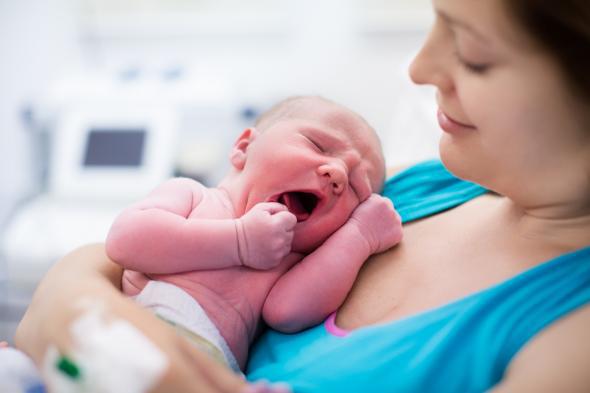My standard advice for expecting parents is to remind them that while newborns are difficult, they aren’t particularly complicated. Healthy babies generally require just four tasks: feeding, burping, diaper changing, and soothing. While cycling through them is likely to leave new parents emotionally and physically bankrupt, their intellectual reserves remain untapped.
Now an app from Taiwan promises to make new parenthood even less complicated—and possibly less difficult too—by translating between the various crying sounds made by babies. The recently launched Infant Cries Translator, developed by at the National Taiwan University Hospital Yunlin, claims to differentiate between four separate crying sounds: hungry, sleepy, pain, or a wet diaper. Researchers collected around 200,000 crying sounds from almost 100 newborn babies and put them into an online database. From there they figured out which type of cry tends to correspond with a particular need. Once downloaded, a parent can record the cry of their child, which the app then uploads into its drive and analyzes. Ten seconds later, parents get their answer.
Some have expressed fears that this technological intrusion into what many believe is the most natural of all bonds will will impede parent-child communication, but Douglas M. Teti, Professor of Human Development, Psychology, and Pediatrics at Pennsylvania State University, says he’s not worried about it. “Most parents figure this out by trial and error,” he says. “If this app helps speed that along, then that is a good thing. What’s the difference between getting advice from the app than from an in-law? I wouldn’t worry about parents becoming dependent on it.”
The team behind the Infant Cries Translator says that according to feedback from users, the app is 92 percent accurate for babies under one month, 85 percent accurate for babies under two months, and 77 percent accurate for babies under four months. They don’t recommend the app for babies over six months, because at that point babies cries become more influenced by their surroundings and are therefore more varied.
Teti says while he can imagine such an the app working, he remains skeptical about its accuracy. “I’d like to see this tested in the field before I recommend it to anyone. Or at least see a published paper on it.” He also wonders how the app would distinguish between a wet diaper and pain, since both register as physical discomfort for the little one.
As desperate as new parents are for insight into their demanding little sphinxes, it might be worth waiting for more reviews to come in before they spend the $3 on the app. Right now, I’m only seeing one on iTunes, and it carries the subject line “A garbage app.”
